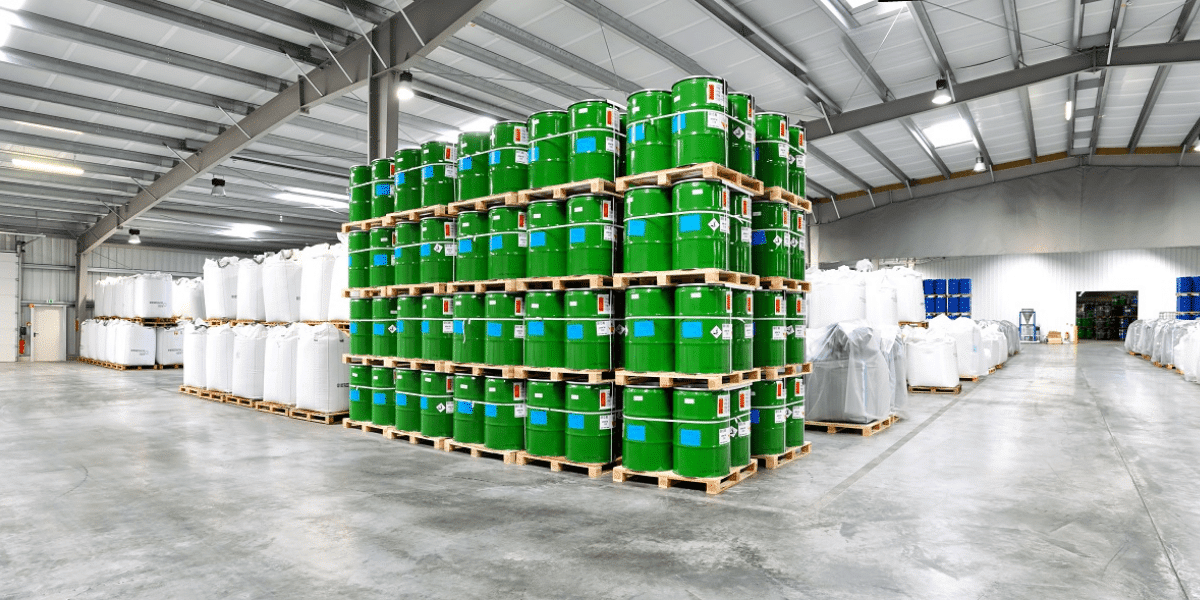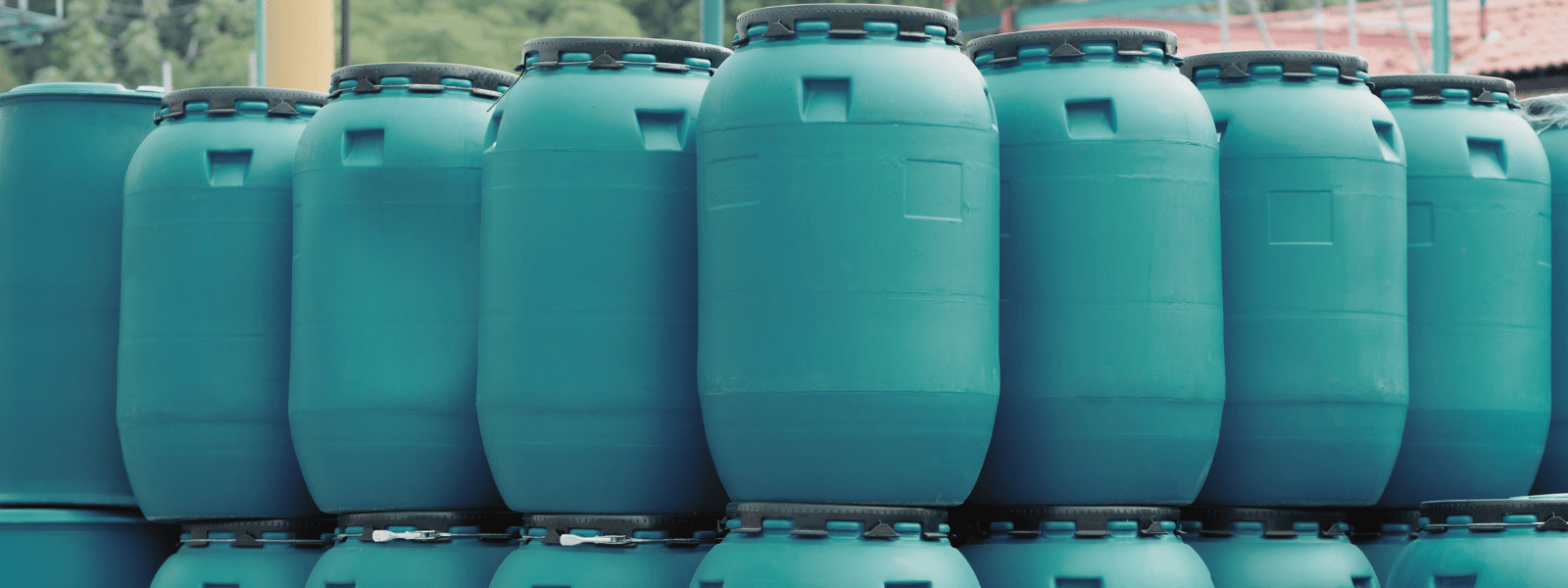In the U.S., controlling chemicals that cause air pollution dates back to 1955, when the Air Pollution Act was passed. However, the scope of the act dealt more with researching air pollutants than controlling them. The level of chemical control we’re accustomed to today began with the Clean Air Act of 1963, and became increasingly science-based with the passage of the Air Quality Act in 1967, which improved upon research protocols from the Air Pollution Act.
Since its inception, the Clean Air Act has undergone a series of amendments to increase the Environmental Protection Agency’s (EPA) regulatory control over hazardous pollutants. Today, the fruition of the act and similar, supporting ones can be seen in the Environmental Protection Agency’s (EPA) consolidated List of Lists, which regulates or bans toxic chemicals that are classified as Hazardous Air Pollutants (HAPs).
How the Regulations Affect Businesses
EPA chemical regulations affect businesses in different ways, but regulations entail four aspects that practically every business that uses industrial chemicals must consider: chemical regulations, chemical bans, government fines, and safer replacement chemicals.
- Chemical Regulations
Some chemicals are regulated but not banned. This means that large-scale users can no longer use the chemicals in the former capacity. However, some small-scale users may be able to keep using the chemicals without a hitch, unless the chemicals receive heavier regulation or are banned, both of which are distinct possibilities considering the history of EPA intervention.
- Chemical Bans
A banned chemical can’t be used by any entity in any capacity, not even by a small, single location business, such as an auto shop. When banned chemicals are used, it triggers a penalty from the EPA. The swiftness and severity of the penalty depends primarily on the severity of the violation regarding the volume of the banned chemical that’s deployed.
- Government Fines
The government can legally close businesses that violate EPA regulations egregiously. However, most companies mend their chemically hazardous ways after being fined for using a banned chemical, or using a regulated chemical in a volume that violates emission caps. The fines are meant to sting, and they’re often large enough to discernibly impact the bottom line.
- Replacement Chemicals
EPA chemical bans and regulations don’t appear from out of nowhere. The agency typically announces new additions to its List of Lists — and the level of control the chemicals will receive — at least several months in advance. This gives companies time to replace soon to be controlled chemicals with solutions that are environmentally preferred or environmentally safe.
Need Replacement Chemicals?
If EPA chemical regulations will make it impossible for you to use your current lineup of chemicals in the necessary capacity, Ecolink can replace them with solutions that deliver the same efficacy and are environmentally preferred or environmentally safe. In addition to supplying stock products, we also create custom solutions using toll blending.
To inquire about our products and services, or to place an order, please call us today at (800) 563-1305, or use the contact form on our website. We look forward to helping you find chemical replacements that are safer for your workers and the environment.















